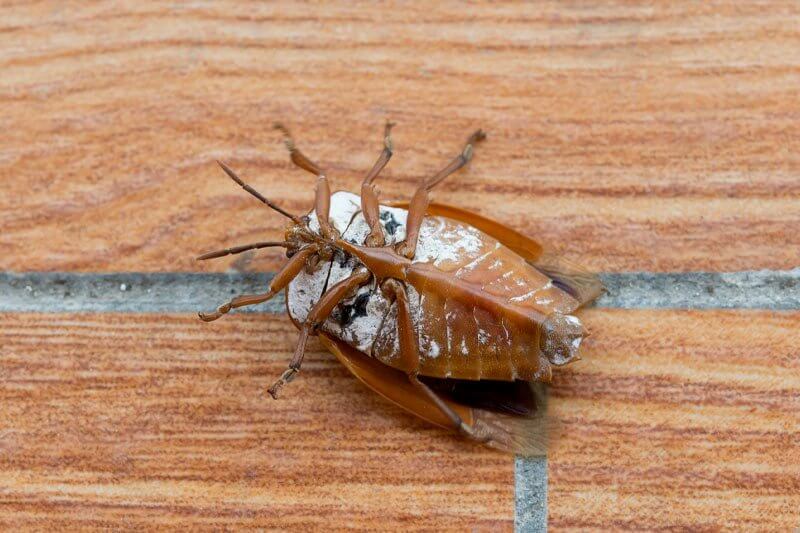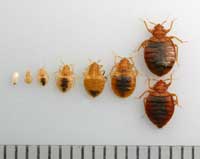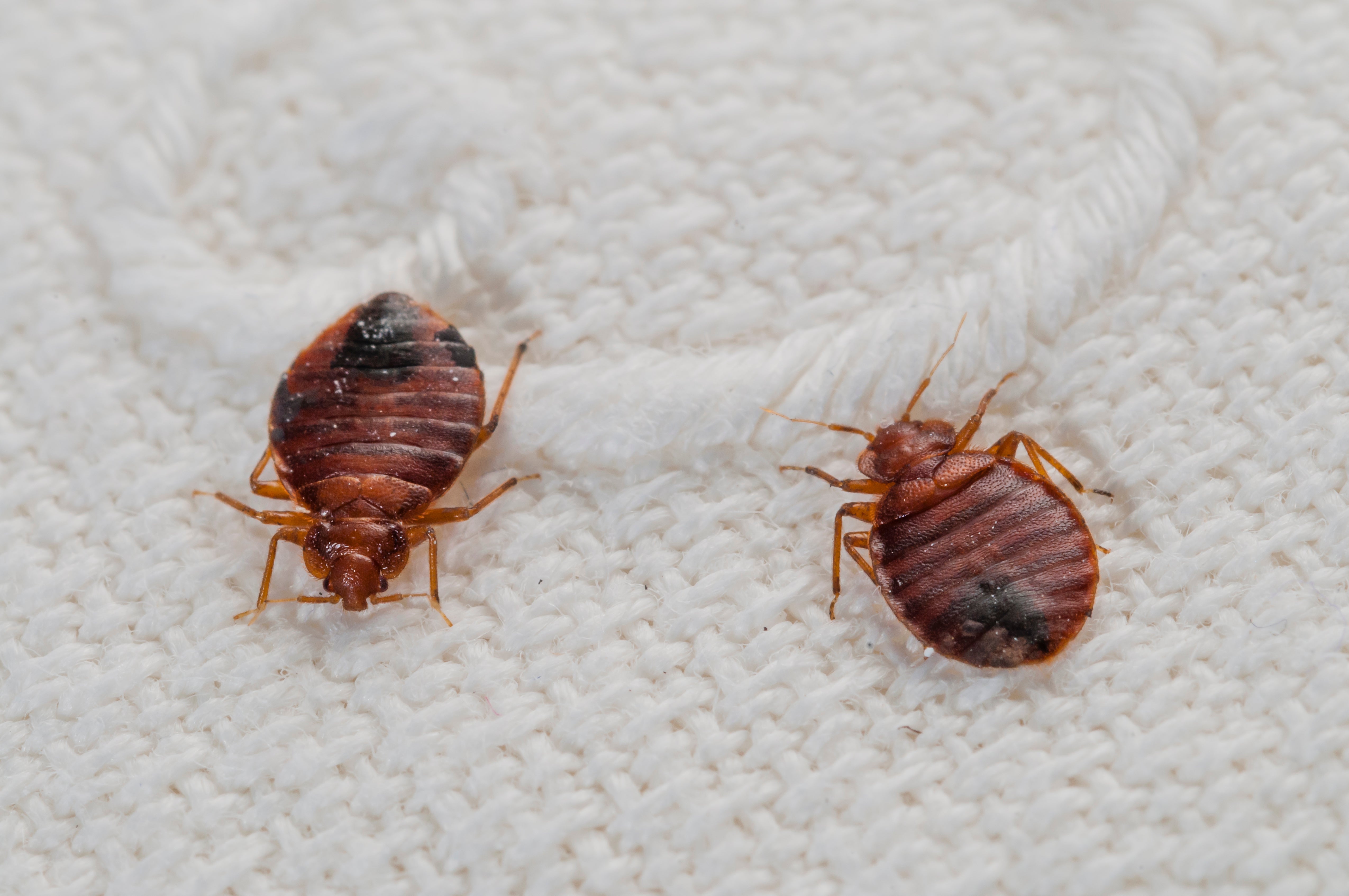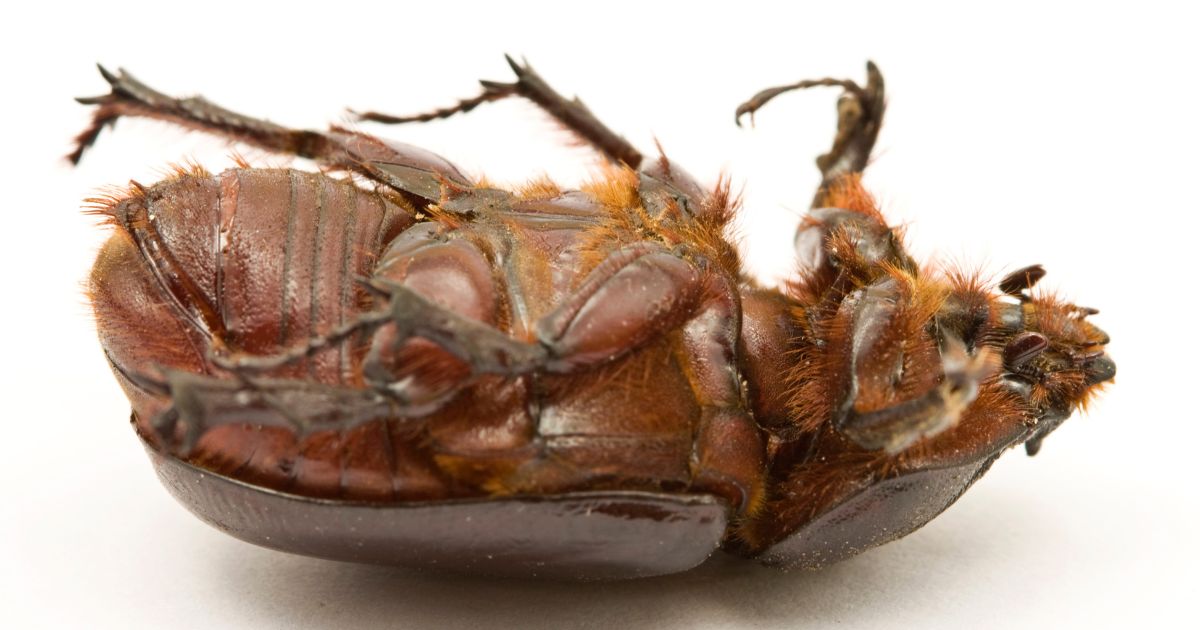Bed bugs can typically survive for about 20 to 400 days without feeding on blood. Dealing with a bed bug infestation can be a frustrating and challenging experience.
These pesky pests have the ability to survive without feeding on blood for a considerable amount of time. However, the exact duration varies depending on factors such as temperature, humidity, and the bed bug’s life stage. Understanding how long bed bugs can live without food is crucial for effective pest control and eradication.
We will explore the timeline for bed bug survival without feeding, as well as the implications for managing infestations. By the end, you will have a better understanding of the behavior and resilience of bed bugs and how to address this persistent nuisance.

Credit: privateexterminator.com
Bed Bugs Lifecycle
Understanding the life cycle of bed bugs is crucial in controlling and preventing infestations. From the earliest stage as eggs to their development into adult bugs, a comprehension of each phase is essential in eradicating these persistent pests.
Egg Stage
Bed bug eggs are minuscule, approximately 1mm long, and translucent, making them challenging to spot with the naked eye. They are often laid in clusters and have a sticky coating, which enables them to adhere to surfaces.
Nymph Stage
The nymph stage is when bed bugs undergo a series of molts to reach maturity. During this stage, they require blood meals to progress to the next developmental stage. Nymphs are similar in appearance to adult bed bugs but smaller and lighter in color.
Adult Stage
Once bed bugs reach adulthood, they no longer need to molt and can reproduce. They are reddish-brown in color and capable of surviving for several months without feeding. Adult bed bugs can endure extended periods without a blood meal, making them challenging to eliminate.

Credit: ipm.ucanr.edu
Survival Without Food
Bed bugs are notorious for being resilient and adaptable pests. One of the key factors that contribute to their survival skills is their ability to survive without food for an extended period of time. In this section, we will explore the bed bug’s survival without food and the various factors that affect the time it takes for them to perish without a blood meal.
Ability To Survive Without Feeding
Bed bugs can survive for an astonishingly long time without feeding. Under favorable conditions, an adult bed bug can survive for up to 5 months without a blood meal. This remarkable ability to endure long periods without food makes it challenging to eradicate them completely.
Factors Affecting Survival Time
Several factors can influence the bed bug’s ability to survive without feeding. These include temperature, humidity, and the availability of alternative hosts. Lower temperatures can slow down their metabolic rate, lengthening their survival time, while higher humidity levels can provide the moisture they need to endure longer periods without feeding.
Duration Without Feeding
Duration Without Feeding: Have you ever wondered how long bed bugs can survive without a blood meal?
Initial Decline In Population
Once bed bugs are deprived of food, there is a rapid initial decline in their population.
Potential Timelines For Death
- Bed bugs can survive several weeks to months without feeding.
- Young bed bugs might perish sooner than adults due to their smaller size.
- Extreme conditions like high temperatures can expedite their demise.

Credit: www.scientificamerican.com
Methods To Kill Bed Bugs
Dealing with a bed bug infestation can be a troublesome task. These tiny pests are known for their ability to survive without food for extended periods, making it challenging to eliminate them completely. In order to effectively exterminate bed bugs, it is crucial to understand the various methods available to combat these pests. Below, we will explore both chemical and non-chemical treatments that can be employed to kill bed bugs.
Chemical Treatments
Chemical treatments are among the most common and effective ways to kill bed bugs. By using specific insecticides, you can target and eliminate these pests from your home. It is essential, however, to exercise caution when using chemicals, as they can be harmful to humans and pets if not used properly. Always follow the instructions provided by the manufacturer and consider seeking professional assistance for severe infestations.
Some popular chemical treatments for bed bugs include:
- Insecticide sprays: These sprays are designed to directly kill bed bugs on contact. They can be applied to surfaces, crevices, and other areas where bed bugs may hide.
- Dust insecticides: These powdery substances are typically applied in cracks and crevices where bed bugs are likely to hide. The dust clings to the bugs, leading to their demise.
- Insecticide foggers: Foggers release a mist that can reach into difficult-to-access areas, effectively killing bed bugs. However, they should be used with caution as they can be hazardous if not used correctly.
Non-chemical Treatments
If you prefer to avoid using chemicals, there are non-chemical treatments available that can also be effective in eliminating bed bugs. These methods primarily focus on removing and reducing the bugs’ habitat, making it difficult for them to survive. While non-chemical treatments may require more effort and time, they are generally considered safer for humans and pets.
Some common non-chemical treatments for bed bugs include:
- Thermal treatments: Bed bugs are sensitive to high temperatures, so exposing infested items to heat is an effective way to kill them. This can be done by washing and drying infested clothing and bedding on high heat or using specialized steam machines.
- Vacuuming: Regularly vacuuming your home can help remove bed bugs and their eggs from carpets, furniture, and other surfaces. Be sure to empty the vacuum immediately to prevent the bugs from escaping.
- Encasement: Encasing mattresses and box springs with special bed bug-proof covers can help prevent the pests from accessing these items, effectively trapping them and preventing further infestation.
By using a combination of chemical and non-chemical treatments, you can increase your chances of successfully eliminating bed bugs from your home. It is important to note that bed bug eradication may take time and persistence. Regular inspection and ongoing prevention measures will help ensure that these pests do not return.
Prevention And Control
Preventing and controlling bed bug infestations is crucial to keep your home safe and comfortable. By implementing regular cleaning practices and following proper prevention tips, you can significantly reduce the chances of a bed bug problem in your home.
Regular Cleaning Practices
Regular cleaning practices play a vital role in preventing and controlling bed bug infestations. By keeping your living spaces tidy and maintaining cleanliness, you can effectively deter these pesky insects from taking up residence in your home.
Here are a few regular cleaning practices to help keep bed bugs at bay:
- Vacuum your mattress, box spring, and bed frame regularly to remove any existing bed bugs or eggs.
- Wash and dry your bed linens, curtains, and clothing on high heat to kill any potential bed bugs.
- Seal any cracks or crevices in your walls, floors, or furniture to prevent bed bugs from hiding.
- Declutter your home by removing unnecessary items or reducing excessive clutter, as bed bugs can easily hide in these areas.
- Consider using mattress and pillow encasements that are specifically designed to prevent bed bugs from infesting your bedding.
Bed Bug Prevention Tips
Along with regular cleaning practices, there are several prevention tips you can follow to minimize the risk of a bed bug infestation.
Here are some effective bed bug prevention tips:
- Inspect second-hand furniture and clothing before bringing them into your home.
- If you travel, inspect your accommodation for signs of bed bugs and keep your luggage elevated.
- Avoid placing your luggage on the bed or furniture when staying in hotels or other accommodations.
- Regularly vacuum and clean your car to prevent bed bugs from hitching a ride.
- Be cautious when purchasing used bedding items and thoroughly clean them before use.
By following these cleaning practices and prevention tips, you can safeguard your home from bed bug infestations and ensure a peaceful night’s sleep.
Signs Of Infestation
The signs of bed bug infestation can vary, and it is essential to be able to recognize these indications early on to take appropriate action. Below, we’ll explore the physical symptoms and visual indications that may signal a bed bug infestation in your home.
Physical Symptoms
1. Skin Irritation: Red, itchy welts on the skin often caused by bed bug bites.
2. Allergic Reactions: Rashes or hives due to an allergic response to bed bug saliva.
3. Blood Stains: Tiny blood spots on sheets or pillows from crushed bed bugs.
Visual Indications
1. Live Bed Bugs: Small, reddish-brown insects visible on bedding or furniture.
2. Eggshells and Shed Skins: Tiny translucent shells left behind by bed bugs as they grow.
3. Fecal Spots: Dark, rust-colored stains on bedding or mattress indicating bed bug excrement.
Frequently Asked Questions For How Long Does It Take For Bed Bugs To Die Without Food?
How Long Can Bed Bugs Survive Without Feeding?
Bed bugs can survive anywhere from a few weeks to several months without feeding. However, their survival time depends on various factors such as temperature, humidity, and availability of other hosts. In ideal conditions, bed bugs can live without food for up to 6 to 12 months.
Can Bed Bugs Die Without Food?
Yes, bed bugs can eventually die without a blood meal. However, they are resilient pests and can survive for long periods without feeding. It’s important to note that even though they may appear dormant, they can quickly resume their feeding habits once a suitable host is available.
How Do Bed Bugs Cope With Starvation?
When deprived of a blood meal, bed bugs enter a state called “diapause. ” During this period, their metabolic rate decreases, and they conserve energy to survive for extended periods without feeding. They can also adapt by seeking alternative food sources or hiding in crevices until a suitable host is present.
Do Bed Bugs Become Weaker When Starved?
While bed bugs may become weakened when starved, they are still resilient pests that can survive under harsh conditions for extended periods. They can reduce their activity and reproductive capabilities, but they can quickly regain strength and return to their normal feeding habits once they have access to a suitable host.
Conclusion
To sum up, bed bugs can last for months without feeding. Understanding their survival instincts is crucial. Preventive measures are essential to eradicate infestations effectively. Stay vigilant and take prompt action to address any signs of bed bugs in your home.
Proper treatment is key to eliminating this resilient pest.

I’m MD Tanvir, and I bring years of expertise gained from working closely with pest control companies to the forefront. My journey in the industry has inspired me to launch Bug Battler, a platform aimed at equipping people with the know-how to combat pests autonomously. Through Bug Battler, I aim to empower individuals with practical insights to tackle pest infestations effectively.

